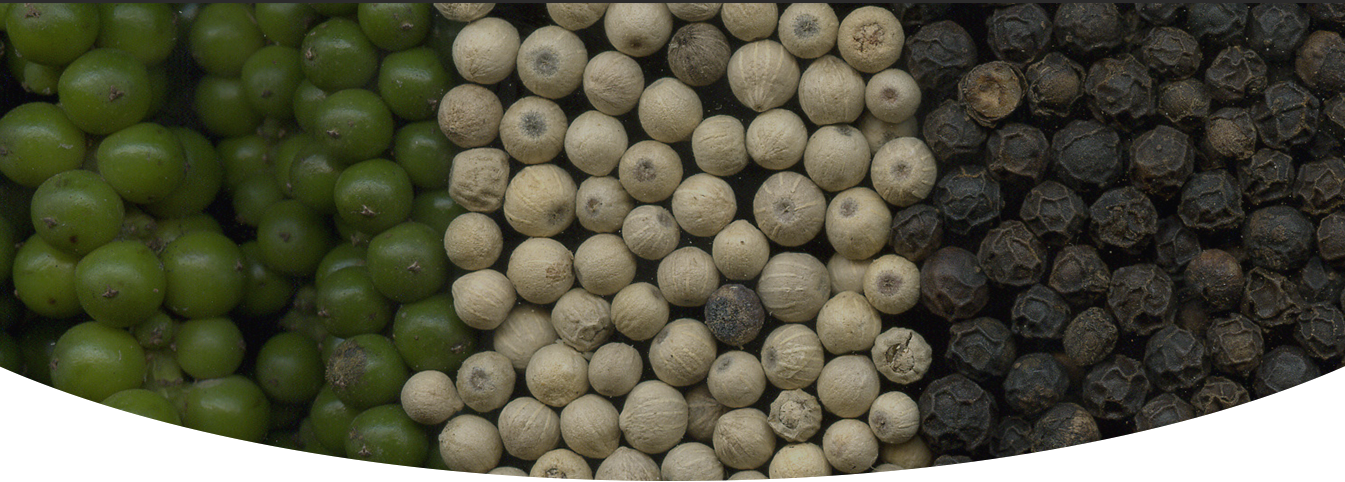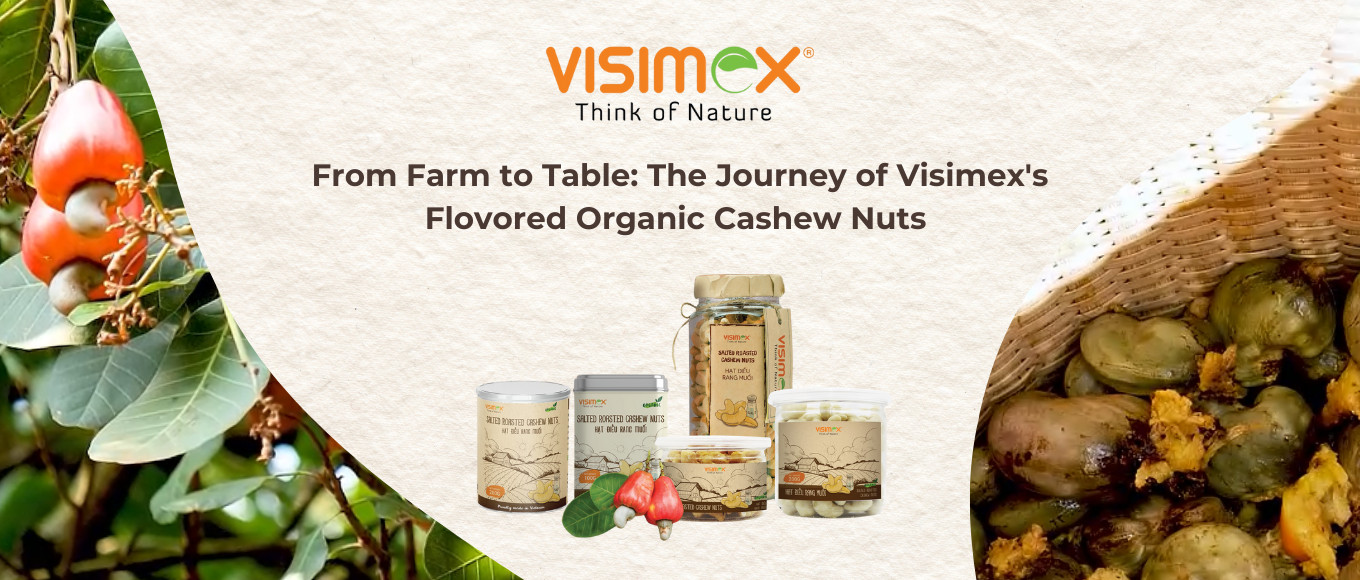Vietnam’s pepper industry faces “double difficulties” because billions of dollars of pepper are stuck abroad. The gloomy price represents a “negative” picture of the pepper industry during the year’s first half.
It is expected that problems for the “black gold” commodity of Vietnam will last a long time, and the price of pepper will be challenging to recover in the short term.
 |
| The Covid-19 pandemic will make pepper exports face many difficulties in the near future. |
Goods stuck in Nepal costing more than $1 million
According to the Department of Agricultural Product Processing and Market Development (Ministry of Agriculture and Rural Development), in the first half of this year, pepper exports reached 168,000 tons and $358 million, down 4.8% in volume and 20.7% in value compared to the same period in 2019. Exports of pepper to major markets of Vietnam have recorded a significant decrease due to the impact of the Covid-19 pandemic. Typically, in the first five months, pepper exports to India – Vietnam’s second-largest export market with 5.1% market share – has decreased to 39.6% in volume and 47.5% in value compared to the same period in 2019. Similarly, the volume of pepper exports to Pakistan decreased by 10.3%; the United Arab Emirates decreased by 11.2%; the Netherlands is down 14%.
Mr. Nguyen Nam Hai, General Director of Coffee Inspection and Export-Import Joint Stock Company and Chairman of Vietnam Pepper Association, the saidtheCovid-19 pandemic had a great impact on the global economy and supply chain disruption, with demand for many commodities decreasing, including pepper.
“In the first six months of this year, Vietnam’s pepper exports tended to decrease, the export price was not high. Especially, many export shipments of Vietnamese pepper were trapped in Nepal when the Government of this country imposed an import suspension order,” he said.
Up to 58 pepper containers (worth about $3 million) of thirteen Vietnamese pepper exporting enterprises have been stuck in Nepal for nearly three months when this market prohibited the import of pepper. Even if they lose lots of goods, businesses will be at risk of bankruptcy.
After coordinating efforts from both state management agencies and enterprises, according to the latest information from the Ministry of Industry and Trade, the Ministry of Industry and Trade in Nepal supplied a written request to the Nepal Customs to allow 58pepper containers to be re-exported to the country. Nepal Customs has also sent a letter to all customs departments asking for permission for the stuck pepper containers to be re-exported.
“Currently, Vietnamese enterprises continue to coordinate with import partners of Nepal to complete re-export documents as prescribed,” Deputy Minister of Industry and Trade Cao Quoc Hung said.
Although there was a positive signal hoping not to lose $3million, the pursuit of this incident also caused”double losses” for Vietnamese pepper enterprises.
According to the Vietnam Pepper Association, the cost of storing 58 containers at the port for nearly three months cost more than $1 million(accounting for more than 30% of the value of the shipment).
In addition, it must be added that the quality of goods is degraded, damaged, lost about 10% of the value of the shipment equivalent to $300,000. Customs fee sand trains to pull cargo containers are about $1,200 per container, equivalent to $69,600. The damage continues to increase.
Pepper prices hard to recover in the short term
The department of Agro-product Processing and Market Development under the Ministry of Agriculture and Rural Development said in the first six months of this year, the price of pepper in the domestic market fluctuated in two cycles, decreasing in the first quarter but increasing in the second as the demand of purchasing pepper of businesses increased sharply, while people did not sell much.
It is forecasted that in the future, the price of pepper is unlikely to increase sharply because the demand for consumption is still weak due to the Covid-19 pandemic.
In addition, the area of pepper grown from 2016-2017 in major producing countries is now the time for high yields. The imbalance between supply and demand is still the main reason leading to the decline in pepper prices in the world market.
From the perspective of enterprises, Mr. Dinh Xuan Thu, Director of Thu Thuy Green Farm Limited Company, said that Vietnam’s pepper market has fluctuated sharply.
In May and June, the price increased sharply. Many businesses and agents accept deposits from farmers and go bankrupt.
“In the future, the global pepper market will continue to be gloomy as the major consumer markets such as China are being affected by natural disasters; Europe and the Americas are hit by the Covid-19 pandemic. The growth is very unpredictable, so businesses should consider when making long-distance contracts,” Mr. Thu said.
The pepper price has reached the bottom at VND35,500/kg. It was at the time of the crisis for the Vietnamese pepper industry, Mr. Nguyen Duc Thu, Director of Truong Loc Trading Services Co., Ltd said: “The effect of Covid-19 caused world demand to decrease while inventories were low, so prices would increase in the near future. However, under the pressure of European and American prices, prices could not rise immediately.”
Mr. Bui Chi Buu, former Director of the Southern Agricultural Science Institute, said the world demand for pepper is about 550,000 tons with an increase of about 2% per year.
This is the potential development of Vietnam’s pepper industry. The recent price crisis was the result of massive development, lack of planning in previous years. The European Union is increasing technical barriers such as traceability and reducing residues of some active ingredients to the detection threshold that makes Vietnam’s pepper industry face difficulties.
In 2021, the global market is not bright due to the risk of crisis. Therefore, traceability will be one of the factors helping businesses increase competitive advantage and maintain development.
“In order to develop the pepper industry sustainably, Vietnam needs to renovate its growth and organic farming model; control the residues in the products; focus on the quality of pepper from input materials, creating high-quality products to enter fastidious markets,” said Bui Chi Buu.
Source: https://customsnews.vn/vietnams-pepper-industry-facesdouble-difficulties-15421.html











